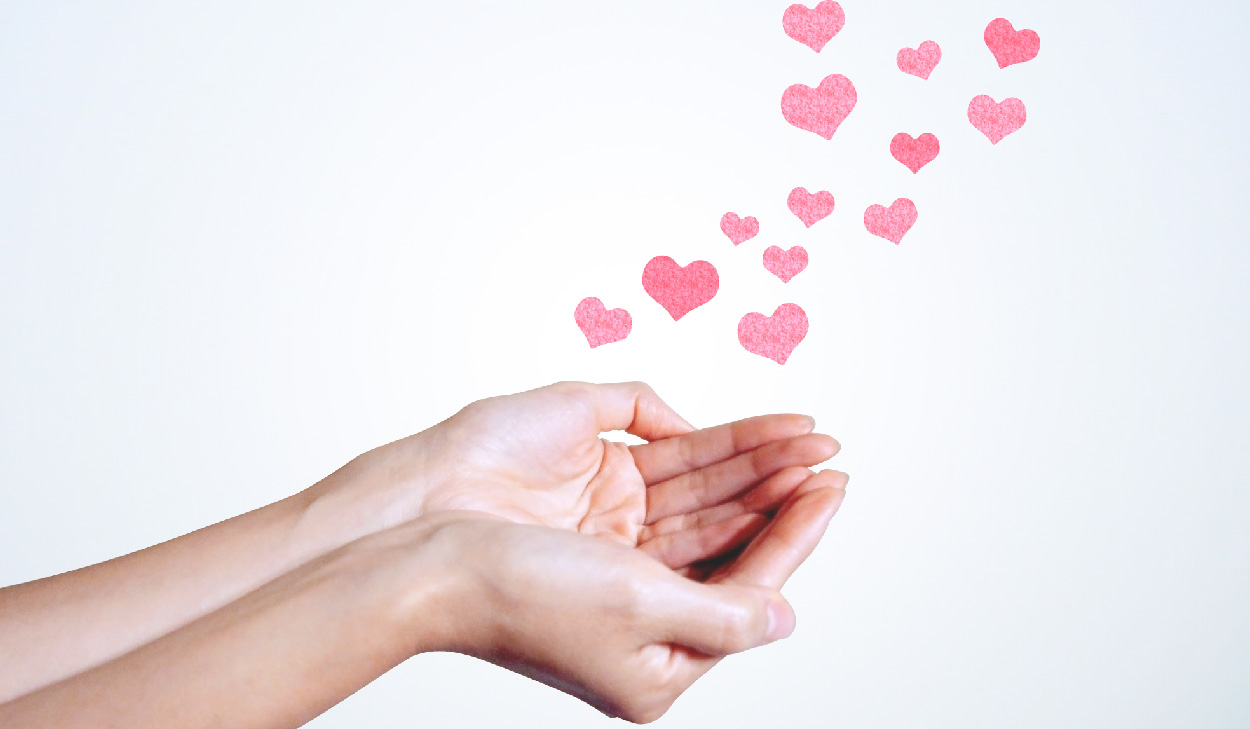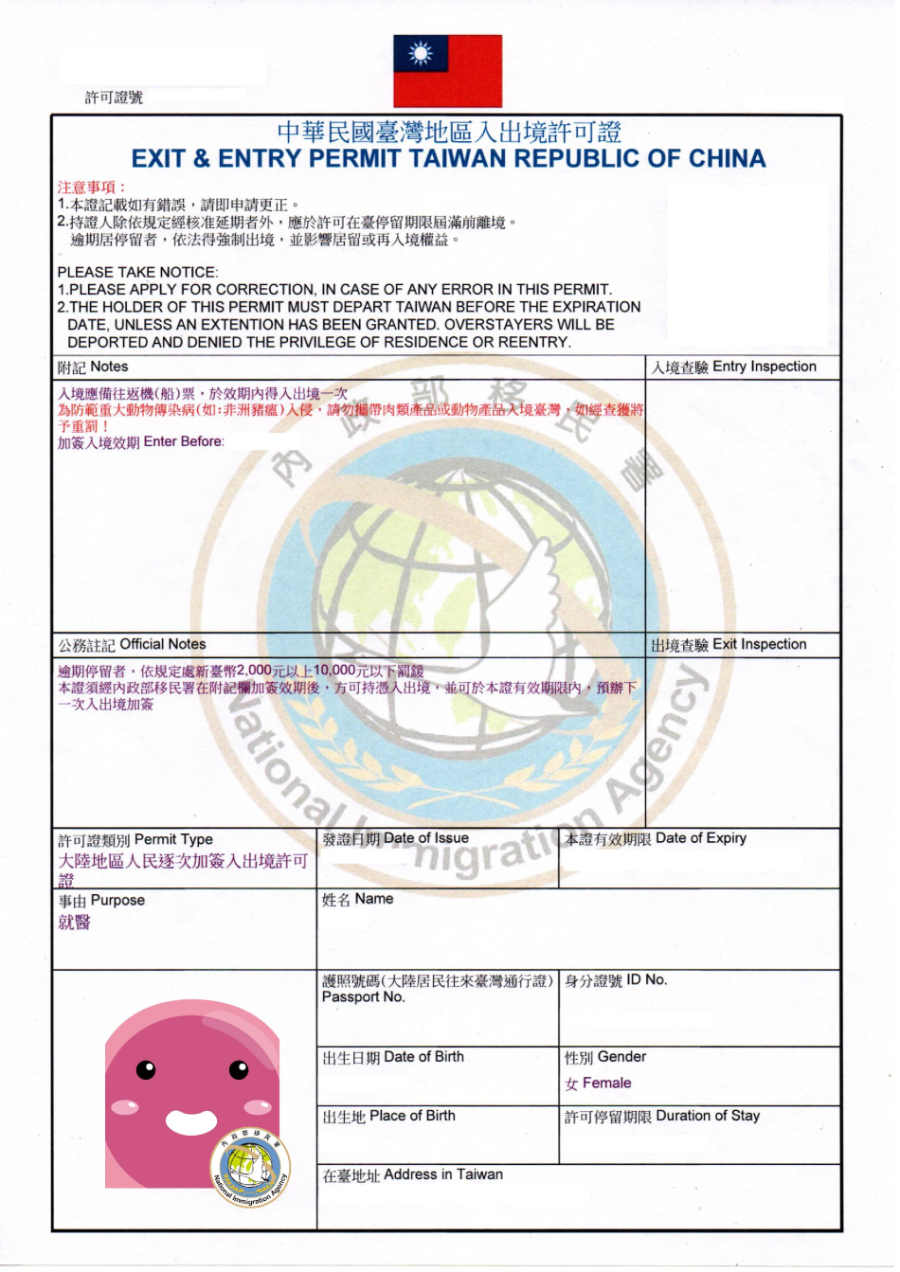In recent years, many women suffer from infertility attributable to advanced age or acquired gynecological diseases. Having a child thus becomes a dream that is elusive and a goal that seems unattainable. Egg donation will be the salvation that fills the lost part of their life.
Your donated eggs are precious and mean a lot to infertile couples. It is meaningful and it needs courage to create a fighting chance. Let us be a part of the caring love and benevolence to help infertile couples realize the dream that they are longing for and become parents.
service items
/Egg/Sperm Donor Recipient/
Egg/Sperm Donor Recipient
Egg Donation

Egg Donation
egg donation
/Suitable/
Conditions of egg donation
Women aged 20~30
No bad habits, not subject to drug use and addiction
BMI is between 18 and 24
Healthy ovarian function
No genetic diseases or infectious diseases that may influence fertility.
*Egg donors who have never donated but meet the conditions set out above and have been recognized by the hospital as a qualified egg donor or have donated but the donee does not give live birth and have no eggs or embryos frozen, may donate eggs.
*The clinic will re-check and verify the information with the Health Promotion Administration
*The clinic will re-check and verify the information with the Health Promotion Administration
/Treatment process/
Process
01
/
Step01
Registration for egg donation
Our staff will then contact qualified donors.
Step02
Physical examination
Visit the clinic to take the initial physical examination and receive an ovarian function assessment.
Step03
Waiting for matching
Please be patient and wait for the matching result.
Step04
Initiation of ovulation stimulating process
After being successfully matched, the ovulation stimulating process will be initiated on the 2nd day of menstruation.
Step04
Egg retrieval
Egg retrieval will be fulfilled approximately on the 13th day of menstruation.
Step04
Postoperative care
Visit the clinic on the 2nd day after egg retrieval for the postoperative follow-up and receive a subsidy of up to NT99,000.
/reason/
Precautions during the treatment
Do not smoke or drink
Stop using other Chinese and Western medicines
Do not do strenuous exercise
Do not stay up late before egg retrieval
No makeup and manicure on the day of egg retrieval
/ Q&A /
FAQ
-
AAfter the current donation, if the donee does not give live birth and you have no germ cells or embryos frozen, you may donate again.
-
AEgg retrieval will be performed under general anesthesia by intravenous injection, during which the patient will fall asleep and feel no pain. 8-hour fasting will be required before egg retrieval (including water). With the help of transvaginal ultrasonography, the follicular fluid will be extracted with the egg retrieval needle and sent to the laboratory for the technicians to winnow out the eggs under the microscope. The operation will last for about 30 minutes with no wounds and no sutures. Hospitalization is not required either. You may return home on the day of surgery if you feel well. After returning home, you only need to take oral medicine for 2 to 3 days according to the doctor's instruction.
-
AThe needle is thin and short and easy to operate. The shot is supposed to be given on the belly by subcutaneous injection. Most people will feel no pain during the injection.
-
AThe hormonal ingredients in the ovulation injections and drugs may lead to temporary edema; however, the weight will return to normal when the hormone level returns to normal during the next menstrual period.
-
ANo, follicles will shrink with or without egg donation. Egg donation will not affect the reserve of follicles nor cause early menopause.
-
ADonors may find their menstrual cycle extended or shortened due to the effect of ovulation injections and drugs. However, the effect will not last long and, in most cases, the menstrual cycle will return to normal in one or two months.
-
ADuring the course of ovulation stimulating injections, drug administration, and egg retrieval, some people may experience discomfort or allergies on a certain part of the skin, and in very rare cases "Ovarian Hyperstimulation Syndrome (OHSS)" may occur. But don't worry, a smooth process will be assured by the prudent medication under the instruction of the doctors to minimize the chance of complications.
-
ANo, according to the Assisted Reproduction Act, the medical institution shall provide the donee couple with information about the race, skin color, and blood type of the donor for the purpose of reference. Other information, such as personal privacy, will be kept confidential and will not be disclosed to the donee.
-
AThe chance is negligible. There is no need for concern. In addition, you may also search for the relevant information in accordance with the "Regulations for Inquiring Kinship Information of Concern to the Children Born Through Assisted Reproduction" published by the Health Promotion Administration to avoid unwanted accidents.




